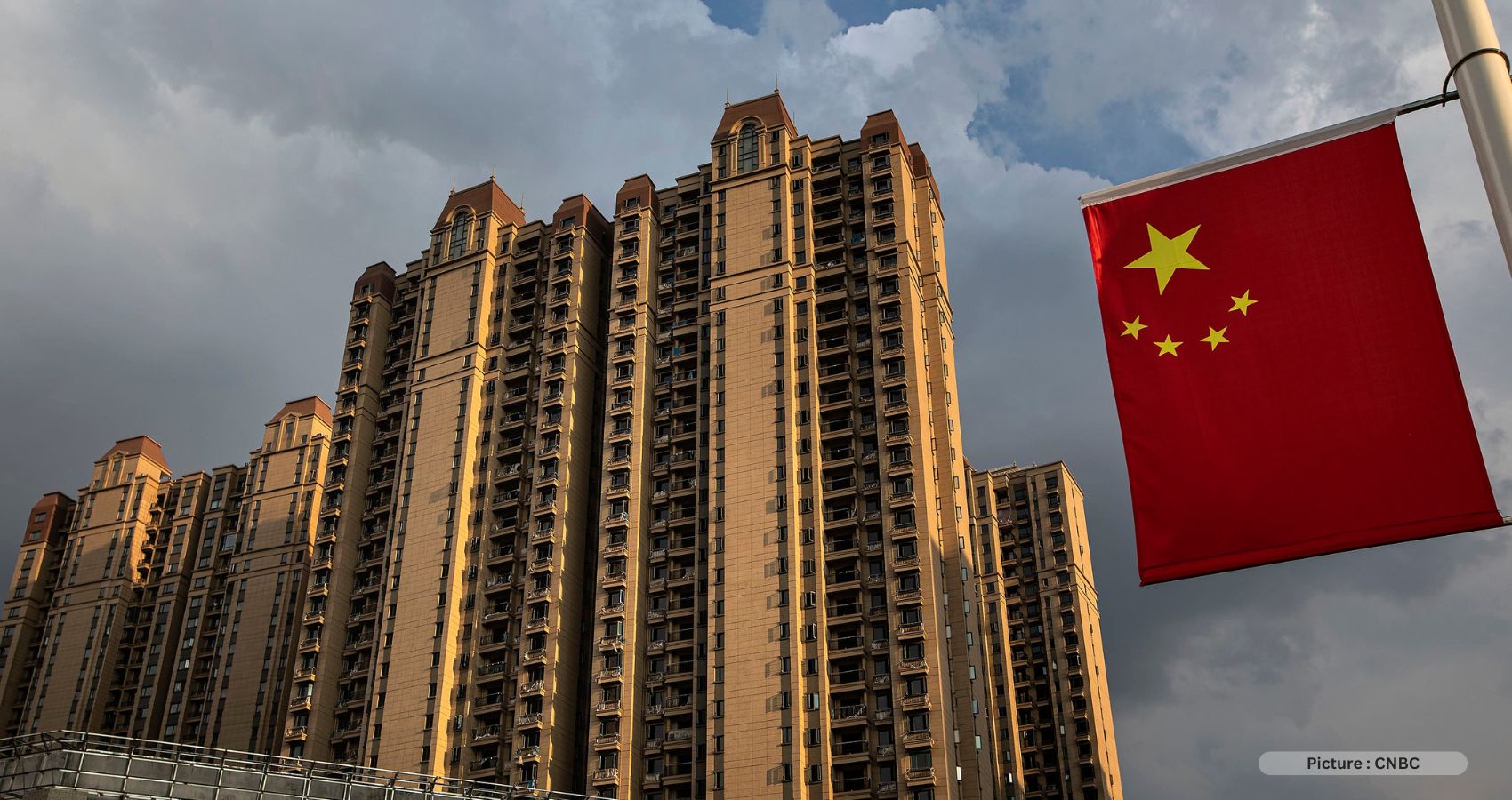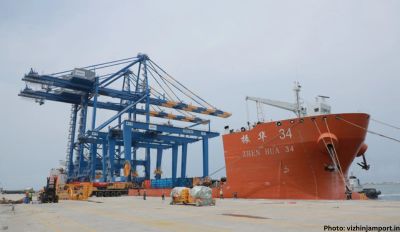In the wake of Evergrande’s Chapter 15 bankruptcy filing in New York City, another major player in China’s real estate sector, Country Garden, is now facing a similar fate. Renowned as China’s leading real estate developer based on sales, Country Garden’s financial struggles are spotlighting the country’s escalating debt crisis. Experts predict that without intervention, the company may default on its bond payments, exacerbating the ongoing turmoil in China’s real estate market.
According to a report by Caixin Global, a prominent Chinese business news agency, Country Garden is on the brink of defaulting on its bond payments scheduled for next month. This dire situation necessitates either the support of a rescuing entity or an extension of the grace period. The company is grappling with three bonds, collectively valued at 7.3 billion renminbi (approximately $1 billion), set to mature or with put options commencing in September. The urgency of the matter is highlighted by a payment due imminently, coinciding with the end of the grace period for a missed payment in early August.

Major global asset managers, including BlackRock, Allianz, Fidelity, and Ashmore Group, have invested substantial sums in Country Garden bonds. These investments underscore the interconnectivity of global financial markets and the potential ripple effects of the company’s struggles. BlackRock alone holds around $358.5 million worth of Country Garden bonds, while Allianz’s holdings amounted to $301 million as of June. The involvement of these financial giants raises concerns about potential financial losses and repercussions.
Country Garden’s stock is a component of the iShares MSCI Core Emerging Markets exchange-traded fund (EMG), further interlinking its fortunes with broader market dynamics. The company’s chairwoman, Yang Huiyan, was previously recognized as China’s wealthiest woman, with her family’s net worth estimated at $4.4 billion.
The predicament Country Garden finds itself in is reminiscent of its failure to fulfill a $22.5 million interest payment on dollar-denominated bonds on August 7. Despite these struggles, Beijing’s reluctance to provide financial support is evident, as reported by Reuters. However, the trajectory of these events remains uncertain, as the Chinese government may be compelled to intervene if more real estate firms face distress, impacting China’s economic stability.
Alicia Garcia-Herrero, Chief Economist for Natixis, highlighted the unexpected nature of Country Garden’s predicament, given its comparatively lower leverage compared to Evergrande. She stressed that sustainable growth in the real estate sector hinges on continual increases in housing prices, cautioning that even a robust company like Country Garden could falter without such growth.
Pushan Dutt, an economics professor at INSEAD business school, suggested that a Chinese government bailout for Country Garden is probable, considering the company’s significance within the nation’s real estate sector. The sector constitutes about 30% of China’s gross domestic product (GDP), making its stability crucial for the country’s overall economic health. However, the potential for such bailouts presents a challenge for President Xi Jinping, who remains wary of excessively pumping money into the economy.
China’s deliberate efforts to attract Western bond funds and open its market to foreign investors have contributed to the intertwining of global financial interests. Western asset managers have been active purchasers of Chinese government and private bonds, offering investment-grade alternatives to their lower-yielding Western counterparts. Yet, the risks associated with investing in China’s real estate market were acknowledged for years, with concerns raised about a potential “China hard landing.”
Amid the uncertainty, the role of the US government and the potential support for investors remains questionable. China’s increasing economic risks have prompted Congress to scrutinize China investments, with discussions on capital restrictions taking center stage. While investors seek possible stimulus and rate cuts, the Chinese government’s actions will depend on its assessment of the nation’s economic resilience and the extent of potential economic distress.
As both Evergrande and Country Garden face tumultuous times, the outcomes of these crises will likely have far-reaching implications. Despite the tumult, some experts remain optimistic about China’s ability to recover, anticipating an increase in consumer confidence as debt-related issues are resolved.











